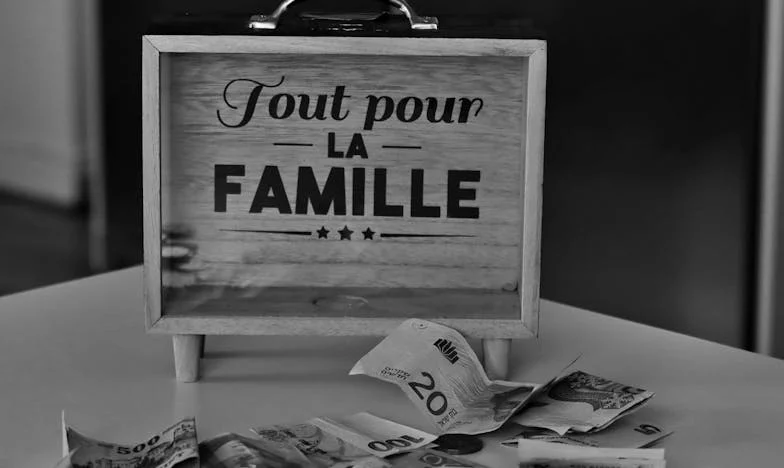“You Don’t Appreciate Anything! We Need to Save!” – Mom’s Sermon to Me and Harper
“Lucas, Harper, come here! We need to talk,” Karen called out, her voice echoing through the corridors of our modest home. My sister Harper and I exchanged a glance, knowing all too well what was coming. It was the end of the month, which meant it was time for mom’s financial sermon.
As we sat down at the kitchen table, Karen began, “You two don’t appreciate anything! We need to save, save, save! Every penny counts.” It was a speech we had heard countless times before. Our mother, a woman of strong convictions and even stronger frugality, lived by these words as if they were sacred.
Karen had grown up in a household where money was tight, and those early years of scarcity had left a deep imprint on her. She carried those lessons into her own family, determined not to let us face the same hardships. But her determination had morphed into an obsession with saving, often at the cost of our happiness.
“We can’t keep living like this, mom,” Harper finally spoke up, her voice a mix of frustration and sadness. “We never go on vacations, we don’t have nice things, and you won’t even let us turn on the heat until it’s absolutely freezing.”
Karen’s face hardened. “You think I enjoy living like this? I’m doing this for us, for our future. You’ll thank me one day when you’re not drowning in debt.”
But Harper wasn’t convinced. “There’s a difference between being financially responsible and depriving ourselves of any joy. We’re not living, mom. We’re just surviving.”
The conversation went in circles, as it always did, with Karen defending her choices and us trying to make her see reason. But nothing changed. Karen continued to mend her old socks, save every coupon, and turn off lights the moment we left a room, all while insisting it was for our own good.
Months turned into years, and the strain on our family only grew. Harper moved out as soon as she could, eager to escape the suffocating atmosphere of our home. I stayed a bit longer, out of a sense of duty, but eventually, I too left, seeking a life where happiness wasn’t measured by the balance of a savings account.
Karen remained in the house, surrounded by her carefully patched-up belongings and the silence of her choices. She had saved every penny she could, but in the end, she had lost so much more. Her obsession with saving had cost her the very family she was trying to protect.
As Harper and I built our own lives, free from the constant pressure to save, we often wondered if things could have been different. But some lessons, it seemed, were learned too late. Karen had wanted to prepare us for the future, but in doing so, she had forgotten to live in the present. And that was a price no amount of money could ever repay.
